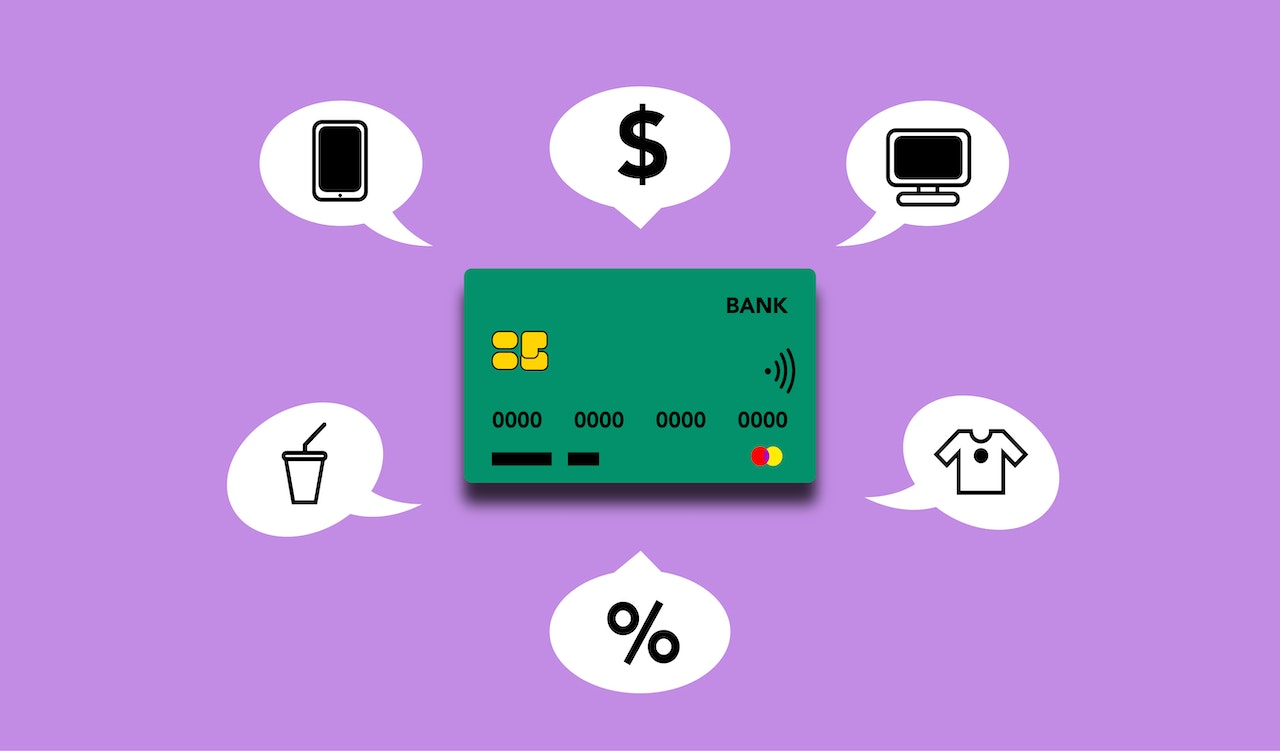A credit score is a three-digit number that indicates your creditworthiness or the likelihood that you will repay your debts on time. Credit scores are calculated based on your credit history, which includes your credit card usage, loan repayment history, and other financial data.
In India, there are four major credit bureaus that calculate credit scores – CIBIL (Credit Information Bureau India Limited), Experian, Equifax, and CRIF High Mark. Although each of these bureaus uses a different proprietary methodology to determine credit scores, they typically base their calculations on the same elements, including the use of credit cards, loan repayment history, credit inquiries, and credit utilisation.
Credit scores range from 300 to 900, with a higher score indicating better creditworthiness. Generally, scores above 750 are considered good, while scores below 600 are considered poor.
How are Credit Scores Calculated?
Credit scores are calculated based on several factors, including payment history, credit utilization, length of credit history, credit mix, and recent credit inquiries. Let’s take a closer look at each of these factors:
Payment History:
Payment history is the most crucial factor in calculating a credit score. It reflects how timely and consistently a borrower has made payments on their credit accounts such as credit cards and loans. Late payments, missed payments, and defaulting on loans can all negatively impact a credit score.
Credit Utilization:
Credit utilization refers to the percentage of a borrower’s available credit limit that they are using at any given time. For example, if a borrower has a credit limit of ₹50,000 on their credit card and they have used ₹25,000, their credit utilization is 50%. A high credit utilization can negatively impact a credit score, as it suggests that the borrower may be relying too heavily on credit.
Length of Credit History:
The length of a borrower’s credit history also plays a role in their credit score. The longer the credit history, the more information lenders have to evaluate a borrower’s creditworthiness. A lengthy credit history with consistent payments can positively impact a credit score.
Credit Mix:
Credit mix refers to the different types of credit accounts a borrower has, such as credit cards, personal loans, home loans, and car loans. A diverse credit mix can positively impact a credit score, as it suggests that the borrower can manage different types of credit.
Recent Credit Inquiries:
Recent credit inquiries refer to the number of times a borrower has applied for credit in the recent past. Too many credit inquiries can negatively impact a credit score, as it suggests that the borrower may be in financial distress or applying for too much credit.
How to Check Your Credit Score
You can check your credit score from any of the credit bureaus mentioned earlier. You can do this by visiting their website, creating an account, and requesting your credit score. Some websites may charge a fee for this service. It is advisable to check your credit score regularly to ensure that all the information is accurate and up-to-date.
How to Improve Your Credit Score
If you have a low credit score, there are several steps you can take to improve it. These include:
Pay your bills on time:
Late payments can negatively impact your credit score. Always pay your credit card bills and loan EMIs on or before the due date.
Keep credit card utilisation low:
High credit card utilisation can negatively impact your credit score. Try to keep your credit card balances below 30% of your credit limit.
Use credit responsibly:
Avoid taking on more credit than you can handle, as it can lead to missed payments and a lower credit score. Only apply for credit when you need it, and avoid maxing out your credit cards.
Monitor your credit report:
Check your credit report regularly to ensure that all the information is accurate and up-to-date. If you find any errors or discrepancies, report them to the credit bureau and get them corrected.
Maintain a good credit history:
A long and consistent credit history can improve your credit score. Keep your old credit accounts active and in good standing by making regular payments. Avoid closing old credit cards, as they can contribute to your credit history and improve your credit score.
Limit credit inquiries:
Avoid applying for too much credit at once, as it can negatively impact your credit score. Make sure to only apply for credit when you need it, and avoid multiple applications in a short period.
Settle outstanding debts:
If you have outstanding debts, make sure to settle them as soon as possible. This can improve your credit score and help you avoid further damage to your creditworthiness.
Why a Good Credit Score is Essential
A good credit score is essential for several reasons. It can make it easier for you to access credit from banks and financial institutions, and can also help you get lower interest rates on loans. A good credit score can also lead to higher credit limits on credit cards and loans, giving you more purchasing power and greater financial flexibility.
A good credit score can also improve your job and housing opportunities. Some employers and landlords check credit scores during the hiring and rental processes. A good credit score can make it easier for you to rent a home or apartment and can also lead to lower security deposits.
In conclusion, a good credit score is an essential component of your financial health. By understanding how credit scores are calculated and taking steps to improve your creditworthiness, you can ensure that you have access to credit when you need it and enjoy more favorable terms and conditions. Remember to check your credit score regularly, and take action to correct any errors or discrepancies to maintain a good credit score.

